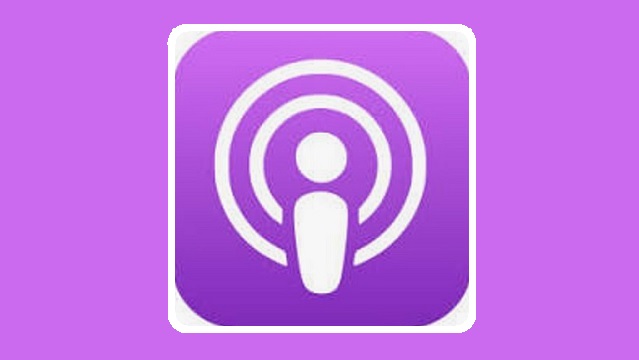Censorship Movement Turns to the ‘Loophole’ of Podcasts

The Associated Press, always a reliable source of establishment policy messaging, has a new target for the censors: Podcasts. An article released by AP on January 15 entitled “Extremists exploit a loophole in social moderation: Podcasts,” posted on countless news websites, expresses frustration that the censors can’t easily get at podcasts.
This doesn’t mean podcasters are invulnerable. Most podcasts rely on only three companies to gain exposure, if not the actual platform, for their podcasts: Apple, Spotify and Google. And these companies are coming under increasing pressure to censor podcasters. A spokesperson for the Anti Defamation League is quoted in the article:
“Podcasts filled with hatred and incitement to violence should not be treated any differently than any other content. If you’re going to take a strong stance against hate and extremism in the platform in any way, it should be all-inclusive.”
The difficulty with monitoring podcasts is their long form and audio format makes it hard to identify brief episodes of “misinformation” (or whatever) that could be buried within hours of otherwise innocuous content. But speech recognition algorithms are fast approaching the level where that barrier goes away. In the meantime, orchestrated complaints, a word from groups like the ADL, or even just an inquiry from the Associated Press can cause a podcast to get cancelled.
A few days earlier, on January 12, the Podcast Business Journal ran an article entitled “Censorship Abounds. Should Podcasters Be Worried?” Taking the form of an interview with “the podcasting industry’s favorite attorney for answers,” the responses were not encouraging.
The interview led off with the same “it’s a private company” nonsense we’re still hearing from brain dead libertarian purists. YouTube, Twitter, Facebook and Apple dominate their markets. Rather than break them up (which would be justifiable under anti-trust law), and rather than take away their Section 230 exemption, just require them to adhere to Section 230! That would mean if these platforms want to keep the exemption, they can’t ban anything that’s not violating the First Amendment.
This expert attorney then makes an astonishingly naive claim: “I don’t think podcasters need to be ‘careful’ about anything but being truthful and presenting things fairly. It’s OK to have an opinion, even an unpopular one, but to clothe it in language of fact is deceit, and shouldn’t be tolerated.”
He is missing the big picture entirely. Requiring honest “facts” and prohibiting anything that is “intentionally misleading” as a condition of avoiding censorship is a slippery slope. Who decides what is factual? Who decides whether someone was just wrong, or was intentionally misleading? Do people have a right to be wrong? One would hope so. If this becomes accepted practice, how many topics will become priorities for “factchecker” censors? Shall we be censored if we disagree over climate change, or systemic racism? The election fraud issue is just a wedge.
One note of balance in the AP article, something that unfortunately won’t get much traction, is their quote from Jillian York, an expert at the Electronic Frontier Foundation, who said “the [censorship] tide is against the speech of right-wing extremists … but tomorrow the tide might be against opposition activists.”
EDITORS NOTE: This Winston84 Project column is republished with permission. ©All rights reserved.

